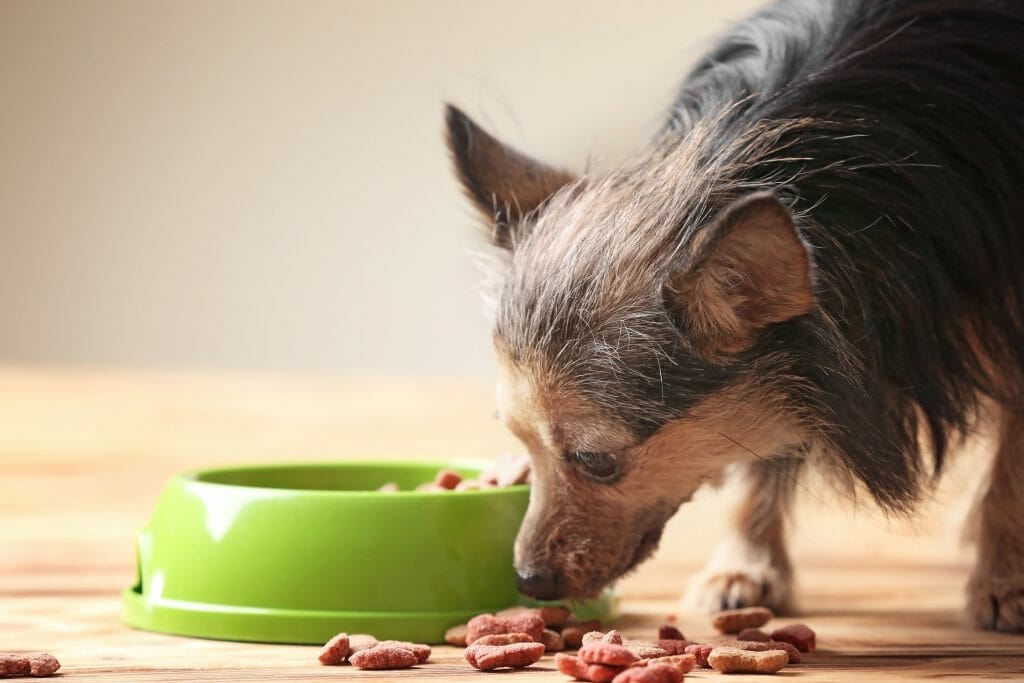Food trends are frequently seen in human medicine and are constantly changing (kefir, kale, nut milk, etc.). We also see food trends in veterinary medicine (raw, dehydrated, protein-rich, etc.). I tell pet owners not to get too hung up on the trends. Always talk to your veterinarian and find out which companies have expertise in making high-quality, nutritious pet foods.
One of the more popular foods trends we see is grain-free diets. Health-conscious pet owners are willing to pay a premium for dog food marketed as “grain-free” because it sounds like a healthy option.
Currently, the USDA began investigating grain-free dog foods as there appears to be evidence linking these diets to heart disease in dogs. Grain-free diets often contain ingredients like potatoes, chickpeas, lentils and other legumes as main ingredients, these to humans seem very healthy. For dogs, there are some growing concerns that they may be linked to a potentially deadly canine heart disease known as dilated Cardiomyopathy (DCM). In DCM, the heart is enlarged and weakened and can lead to congestive heart failure.
Dilated Cardiomyopathy is a condition thought to be related to taurine (an amino acid) deficiency. Certain breeds Boxers, Doberman Pinschers and Irish wolfhounds have for a long time been genetically predisposed to DCM. More recently, dogs not considered to be genetically predisposed have to be reported as having DCM.
Grain-free diets are often advertised to appeal to pet owners using unproven notions about protein-rich diets and gluten sensitivity. Lisa Freeman, a veterinary nutritionist and researcher at Tufts University, notes, “Contrary to advertising and popular belief, there is no research to demonstrate that grain-free diets offer any health benefits over diets that contain grains.”
Researchers do acknowledge that it doesn’t mean their clients are wrong when they report apparent health benefits from feeding their pets grain-free diets. Currently, there is no research-based evidence that dogs are gluten-intolerant.
So the questions we have are Grain-Free dog foods risky to feed to your pet?
This question certainly warrants investigation and consultation with your dog’s veterinarian. It is difficult to find answers when there seems to be so much conflicting information.
When people ask me for recommendations, my suggestion is to feed a diet made by a company that has a long track record of producing good quality diets. It is also important to look for brands who employ a variety of board-certified specialist in the animal nutrition field. I don’t recommend one specific company, trend or diet and base my recommendations on the individual animals’ needs.
Currently, no recalls on these grain-free foods have been issued. The FDA’s Office of Foods and Veterinary Medicine is investigating after hearing troubling reports of DCM occurring in dogs that were consistently fed these diets.
If you have any concerns about your dog’s health, symptoms or risk factors for DCM, or want to discuss your pet’s diet and get recommendations, please give us a call or book an appointment with your veterinarian.
Written by: Dr. Jane Corkum, DVM
Resources:
South Boston Animal Hospital




